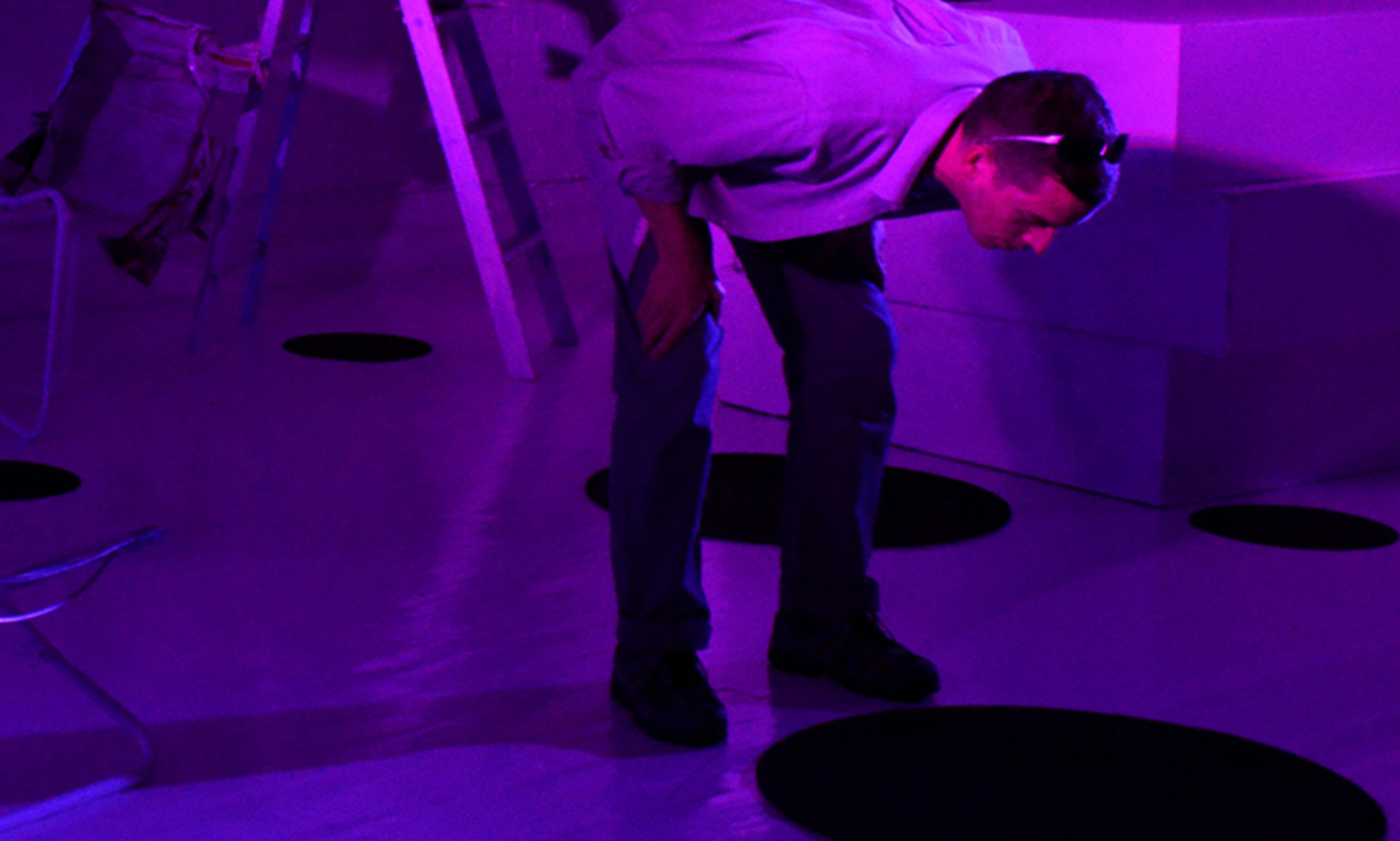Beliefs are great. We are built on them. Without common beliefs we couldn’t build anything together. If we’re throwing in our lot with each other to build something big, like the Pyramids, like Linux, if we all agree that rocks are heavy and bugs many, we’re Good. (See earlier chapter on Good).
But Beliefs can be a problem.
Let’s compare human behavior to animals. So then, Fear is a rabbit. See? A rabbit. An especially small and jumpy rabbit.
And Certainty would be a dolphin. Dolphins are so damned sure of themselves. Fucking dolphins.
So in this system, Belief is a large marsupial. Probably a red kangaroo. Almost 200 pounds. This is a badass marsupial. But still a marsupial. Big and cute. A big, cute marsupial that acts on things based on unverified transient thoughts or transferred thoughts that they didn’t question.
I hope I’ve earned your trust enough to go out on a limb and define the other kind of thing in this story. The other kind of thing besides human behavior in this story is a fact. A fact is verifiable information, meaning its precepts can be corroborated with verifiable data, and that it’s collected and disseminated without bias to distort it, and, ideally, mutually accepted by all parties.
For example, if I eat 12 biscuits a day, and then spend my days binging Hulu, it’s a fact I’ll start to get fat. And as a corollary, my wife will remind me of my weight gain, loud and always, and we’ll have a fight and I’ll be forced to sleep on that freaking mattress on the floor again, and my back will go out. It will not be Good. (See earlier chapter on Good.)
Is a Belief a fact? Look, we have red kangaroos and we have facts. That’s what we have here. We didn’t do an animal for facts because they aren’t human behavior. Remember I said that? Paragraph 3. It’s right there.
Beliefs bring big risk: if we act on them, our results are less likely to give us the outcome we want, to mesh with reality. Would you do something just because some red kangaroo said to? I know, they have a mother of a kick. For some, that’s a convincer, all right. That kick will certainly make the rabbit… a tad… apprehensive.
Human memory can be flawed and malleable, and perception can be limited to circumstance. That’s what Mom used to say. Aww, Mom. You were always so epistemlogical.
To keep the red kangaroos out of your rodeo. you have to accept a chore, and that chore would be to put up a fence that says facts only. A fence that keeps out the red kangaroos, I know that this also means that for some reason you now have a rodeo. Sorry about that added burden.
And if you didn’t do your chores, keeping up that fence… my Mom would say do your chores, or no dessert. At the table of public discourse.
There’s a devilishly hard challenge here. Red kangaroos thrive when we lose an agreed on source of facts. When for example a group of people throws away sources of facts that once were good enough to support action. We hope this is a temporary situation, and that soon we’ll all agree on what a fact is again.
Now I’m going to say something in bold. That means you can glance there and the whole point will be there. I don’t know why it wasn’t on top, sorry that you had to hear the whole thing. I mean, if you believe it’s true, and don’t need any sort of verification…
If you want others to accept and to act on your story, concept, or plan, its precepts must be verifiable via mutually-accepted means.


 Unlock with Patreon
Unlock with Patreon